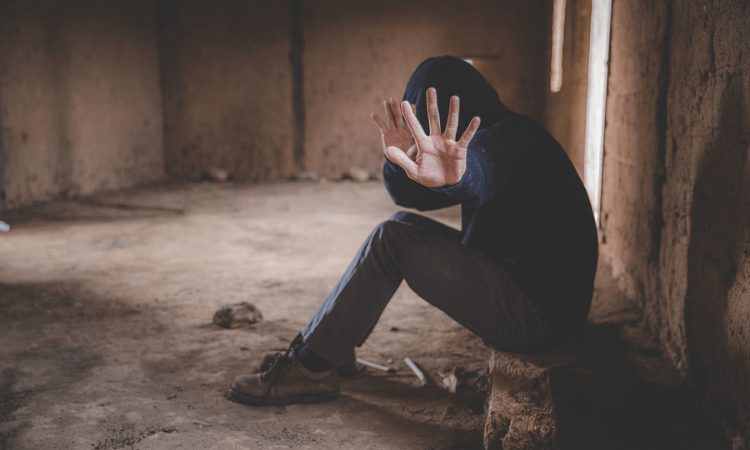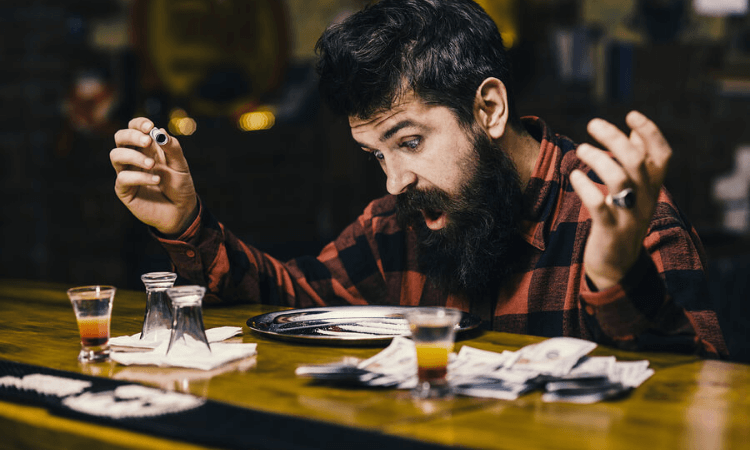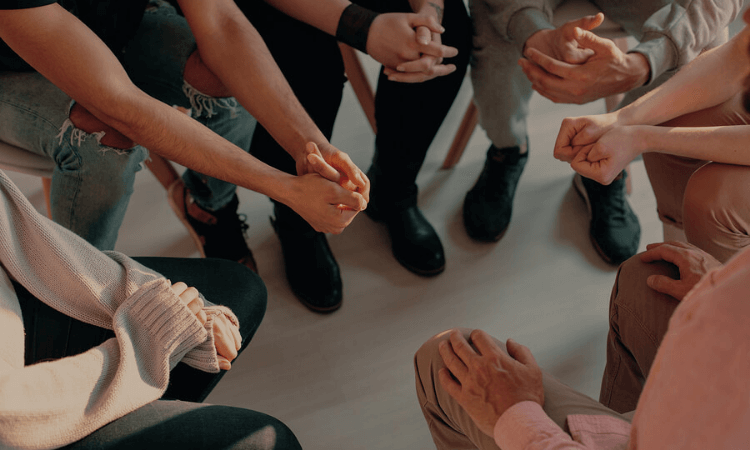
How to Tell if Someone Is High or Abusing Drugs – Drug addiction is a destructive and potentially life-threatening condition that can dramatically affect the lives of those who suffer from it as well as their loved ones.
It’s vitally important to learn how to tell if someone is high or on drugs as soon as possible so that an intervention can be planned before your loved one’s disease progresses. Moreover, the longer and more heavily someone abuses a substance, the more challenging it is for them to stop due to the intense cravings and the potential for severe withdrawal symptoms.
There are many common signs that may indicate a person is high or abusing drugs, as well as symptoms that are specific to the drug being used. Being able to recognize these signs can allow a person to determine if a loved one is indeed using drugs and at high risk for encountering severe, adverse consequences to their health, academic or professional performance, and social life.
How to Tell if Someone Is High: Signs of Drug Abuse
When an individual is actively abusing any substance, there are several general signs to look out for, including the following:
- Poor academic performance, a lack of interest in school-related activities, absenteeism, and tardiness
- Poor work performance, repeatedly being late or calling in sick to work, appearing tired and apathetic about work responsibilities
- Altered physical appearance, such as wearing dirty, unkempt or inappropriate clothing, and appearing to be unconcerned with personal hygiene or grooming
- Changes in behavior, such as withdrawing socially and exhibiting an increasing desire for isolation and privacy
- Significant problems with interpersonal relationships and family
- A clear lack of energy when engaging in everyday activities
- Spending more money than previously, requesting to borrow money, or outright stealing money, substances, or other items from friends, family, and others
- Problems with finances, such as not paying bills when they are due or paying them at all
- Changes in eating habits, such as reduced appetite and related weight loss or unwanted weight gain
- Bloodshot eyes, poor skin tone, sores and blemishes, and appearing fatigued
- Denial and defensiveness when being confronted about possible substance abuse
Signs of Abuse Linked to Specific Drugs
In addition to the common signs of drug abuse, unique symptoms are associated with specific types of drugs.
Stimulants
A person who is abusing stimulants such as cocaine or methamphetamine (meth) may experience significant behavior changes, excessive talkativeness, high energy levels, elevated mood, overly-inflated sense of self, and rapid breathing and heart rates. In some cases, users may suffer from paranoia and engage in aggressive or antagonistic behavior. If users snort drugs, common symptoms of abuse also include nasal congestion and nosebleeds.

Benzodiazepines and Barbiturates
Some central nervous system depressants are prescribed to treat anxiety, panic, seizures, and insomnia. Benzodiazepines (benzos) include common medications such as Ativan, Xanax, Klonopin, and Valium.
Due to their high potential for abuse and overdose, barbiturates are not prescribed as much as they were in the past, but they are still sometimes used to prevent seizures. Instead, in recent years, benzos have become the preferred treatment for these conditions.
A person who misuses any of these drugs may appear lethargic, dizzy, or depressed. They may complain of blurry vision, have coordination difficulties, and appear confused and disoriented.
Opioids
Opioids include prescription painkillers (e.g., oxycodone) and illicit drugs such as heroin. Warning signs of opioid use include profound sedation, memory impairments, difficulty concentrating, longer reaction times, fatigue, and mood swings. Since opioids also decrease activity in the digestive system, users sometimes also encounter constipation.
How to Tell if Someone Is High: Staging an Intervention
If you believe you are witnessing signs that someone is high or abusing drugs, please seek professional help immediately. You or someone close to this person may have to stage an intervention before he or she accepts there is a problem and that treatment is needed. An intervention is a structured conversation held between loved ones and the person who is abusing substances, often overseen by an interventionist or other addiction professional.
Effective interventions can allow friends and family to express their feelings in a productive manner. Interventions also show addicts how their behavior affects those they love. The main goal is to help the person who is suffering from addiction make the decision to seek treatment right away.
When to Intervene
Addiction can be a very difficult conversation to have with someone who is in its grips. Many times, the loved ones of those who struggle with addiction are uncertain of what to say. Furthermore, almost all addicts will usually deny that they have a problem, at least at first, so open dialogue may be challenging to establish.
How to Stage an Intervention
Contact an Interventionist
To stage an intervention, find a professional who specializes in interventions to assure that conversation between all persons involved is fruitful and not destructive. The presence of an interventionist can be the key to helping the addicted person reevaluate their denials and accept the reality of their disease.
In some instances, trying to help an addict without professional consultation may actually make the situation worse. The addicted person may become defensive and combative, and immediately shut down any legitimate concerns you bring up and instead point the finger back at you and your own problems. Interventions work best under authoritative, professional support that can prevent the addict from impeding this process.
Form an Intervention Group

After an interventionist has been found, he or she will begin to help the family and friends of the addicted person come up with an intervention strategy. Because each intervention is unique, as is the person who suffers and his or her loved ones, an interventionist will talk with each concerned party to customize the plan to address their specific needs. People who will participate in the intervention may include spouses, parents, siblings, adult children, close friends, and sometimes co-workers or minor children, if appropriate.
Learn and Rehearse
The interventionist will inform the participating group members about addiction and the recovery process, and present the knowledge required for the caring support the addict needs. Group members should rehearse and be prepared for various reactions to ensure that the intervention goes as smoothly as possible.
Usually, the person struggling with addiction is unaware of how their decisions have impacted the people they care about around them. During an intervention, group members should have composed narratives that have been heard and approved by other participants. These narratives should be conducive to triggering a “moment of clarity” for the addicted person, during which they finally begin to understand the extent of the destruction their addiction has been causing themselves and others.
Be Prepared for Any Outcome
It’s impossible to predict an addict’s precise response to a confrontation. However, interventionists have been professionally trained to deescalate combative situations, so they may be essential to maximize the chances of success.
Unfortunately, even in the face of a well-planned intervention, the person may not immediately be willing to seek treatment. Sometimes it takes more than one intervention to convince the person that this is the best and only viable course of action.
Treatment for Drug Addiction
Recovery in Tune offers several evidence-based approaches, such as psychotherapy, counseling, psychoeducation, group support, and aftercare planning. These services are facilitated by compassionate addiction professionals who provide patients with the tools, resources, and support they so direly need to be successful in their recovery.
We help people struggling with an addiction restore sanity to their lives and begin to enjoy the health and wellness they deserve! Contact us as soon as possible to find out how we can help!